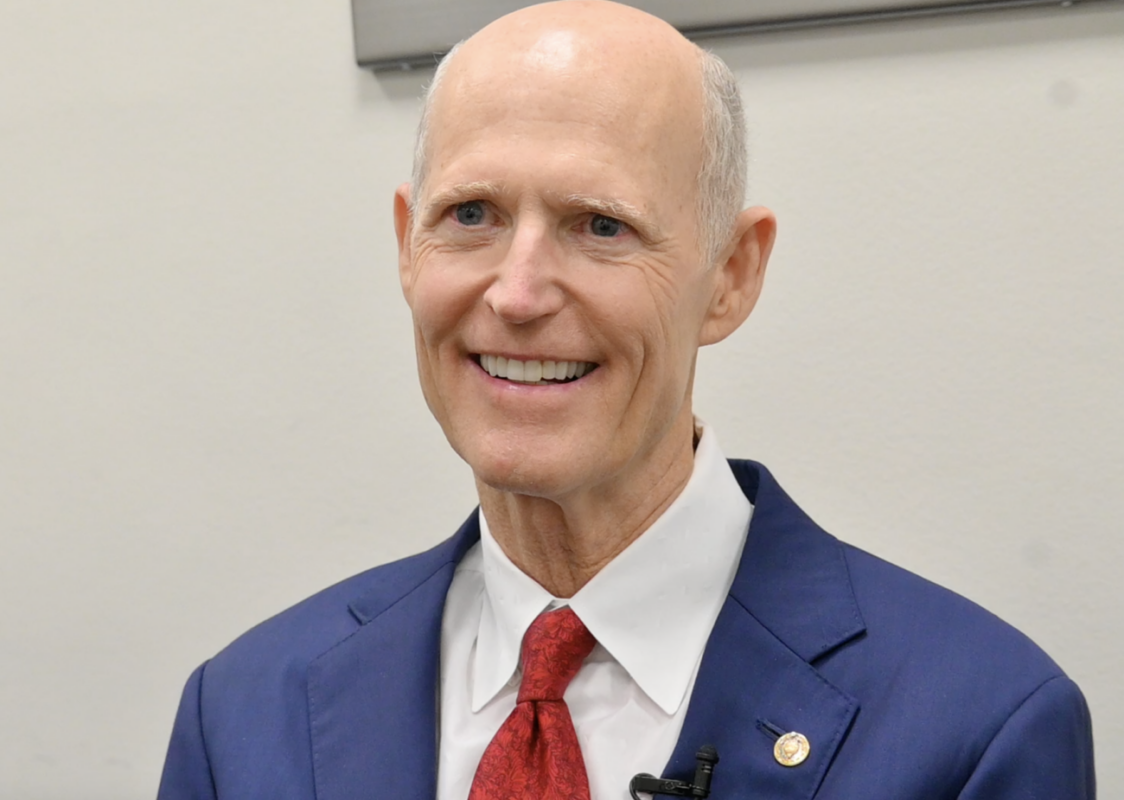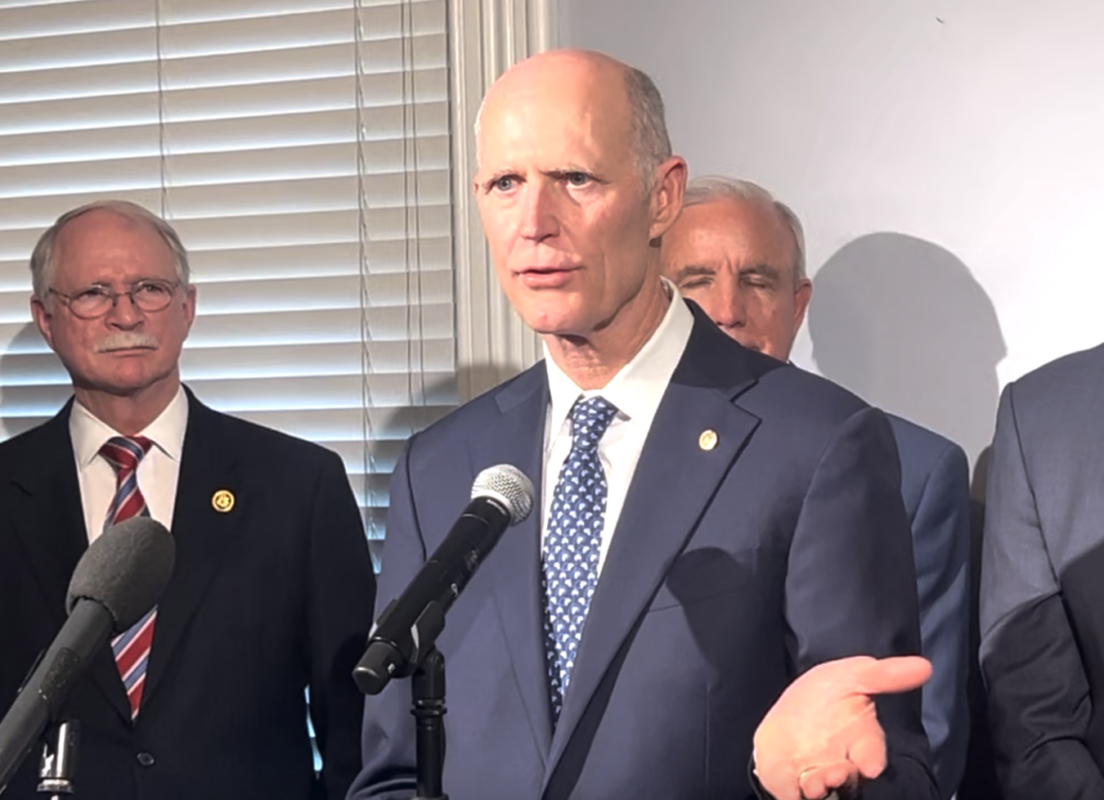A recently filed Florida bill would seek to reform Florida's minimum wage system, which includes ways for alternative means of compensation.
The bill was originally filed by Ryan Chamberlain (R-Ocala) in the House. An identical bill was filed the next day by Sen. Jonathan Martin (R-Fort Myers) in the Senate.
“The minimum wage in Florida as currently codified in our state constitution has become a weight on Florida’s economy and a hindrance to workers seeking to improve their personal finances,” Rep. Ryan Chamberlin said in a release.
"This bill will give both employers and employees more flexibility to work out compensatory agreements that are unshackled by the heavy hand of government. This will be good for employers, workers, independent contractors, and the economy at large," he added.
Under HB 541/SB 676, companies would be exempt from Florida's minimum wage requirements for an employee who is in a "structured work-study, internship, pre-apprenticeship, apprenticeship programs, or similar work-based learning opportunities."
“As we continuously artificially increase the minimum wage, not only does our cost of living increase, but employees are forced out of the job market, adding unforeseen consequences and stress to their families," Chamberlin said.
"Companies are forced to make difficult decisions regarding their staff, whether by cutting staff hours, laying off individuals, or leaving the state altogether. Wage controls are always enacted with good intentions but always lead to a decrease in opportunities," he added.
The bill specified that employees in these programs may opt out of receiving the minimum wage in two ways.
One is by checking a box on an application form indicating they opt out of the minimum wage requirements or two by providing an employer with a written acknowledgment signed by the employee that verifies their decision to opt out of the minimum wage requirements.
"This legislation will add more jobs to the market, lower the cost of labor, increase the pool of workers, increase small business profits, and reduce the cost of living for consumers," Chamberlin concluded.
If passed, the bill would take effect on July 1.













